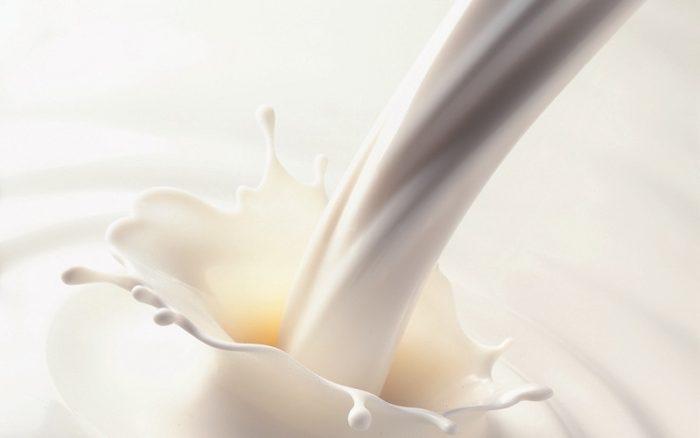With the previous government setting 2023 as the year the importation of milk will end, data from the National Bureau of Statistics (NBS) has shown that at least N72.9 billion worth of the product was imported in 2022.
The report titled: “Foreign Trade Statistics”, notes that N27.6bn worth of the commodity was imported in the first quarter of the year, followed by N21.3bn in the second quarter and N23.9bn in the third quarter, while the data for the fourth quarter was not available as the product did not make it into the top five imported raw material products.
The report added that the commodity termed, “Milk preparations containing vegetable fats/oils, powdered/granular, packings greater than 25kg” was mostly imported from the Republic of Ireland (N44.7bn), Malaysia (N15.8bn) and Germany (N5.6bn).
Recall that the federal government had made its intention known to increase the 672 million litres of milk produced in the country annually which falls short of the 1.6 billion litres consumed, translating to about a 60 per cent shortfall.
To implement this, the government through the Central Bank of Nigeria (CBN) restricted access to foreign exchange (forex) for importers of milk products in order to develop the sector.
- Abba Gida-Gida issues executive orders to probe Ganduje
- Fuel Subsidy: Queues return to NNPC stations as others stop selling
What started as a total restriction to milk importation was later altered to allow six firms to bring in the commodity through an official window to enable a reduction of the price of the commodity which skyrocketed due to the move.
But the Commercial Dairy Ranchers Association of Nigeria (CODARAN) said the policy introduced by the government was not achieving the desired goals.
The Executive Director of CODARAN, Dianabasi Akpainyang, in a statement to mark the 2023 World Milk Day, stated that the sector was still facing a myriad of challenges.
Akpainyang explained that Nigeria largely depended on imported milk, as the nation imported about 70 per cent of its milk needs.
He said, “The most crippling challenges in the dairy sector are found in the midstream sub-sector of the dairy value chain.”
He decried the low investment in the sector which he noted had affected milk collection, aggregation, storage and transportation.
He said, “Lack of organised milk collection schemes, high cost of milk collection and cold chain facilities, poor transportation infrastructure, unstable or non-existent electricity supply, pervasive insecurity and low access to finance are some of the challenges that affect smooth operations in the midstream aspect of the dairy sector.”

 Join Daily Trust WhatsApp Community For Quick Access To News and Happenings Around You.
Join Daily Trust WhatsApp Community For Quick Access To News and Happenings Around You.